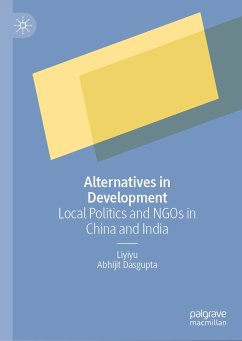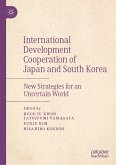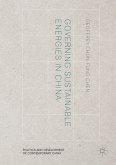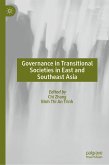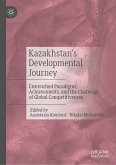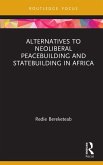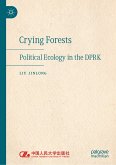Liyiyu is Professor of Public Administration and currently Director, Comparative Research Centre, School of Law and Politics, Zhejiang Sci-Tech University, China. She has published several books and articles including Rural Civil Society and Rural Development in China: Case Studies (2006), A Comparative Study on Chinese Traditional Administrative Culture Models (2010), and A Comparative Study of Social Governance in China and India (2016).
Abhijit Dasgupta formerly a Professor of Sociology at the Delhi School of Economics, University of Delhi. He has published several papers on agrarian relations in West Bengal and Bangladesh, population displacement, and affirmative action with reference to the minorities in South Asia. He is Author of Growth with Equity: the New Technology and Agrarian Change in Bengal (1998); Displacement and Exile: The State-Refugee Relations in India (2016) and Co-editor of the following books: Minorities and the State: Changing Social and Political Landscape of Bengal (2011) and Family and Kinship among Muslims in Bengal (2021).
Dieser Download kann aus rechtlichen Gründen nur mit Rechnungsadresse in A, B, BG, CY, CZ, D, DK, EW, E, FIN, F, GR, HR, H, IRL, I, LT, L, LR, M, NL, PL, P, R, S, SLO, SK ausgeliefert werden.

